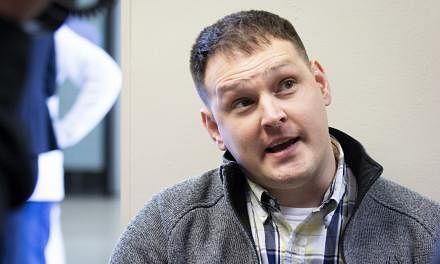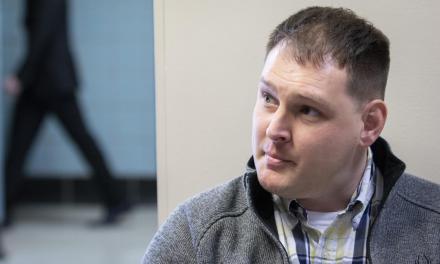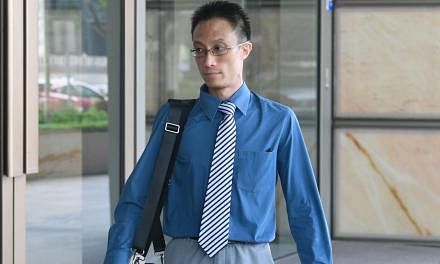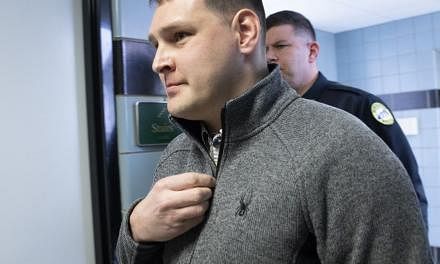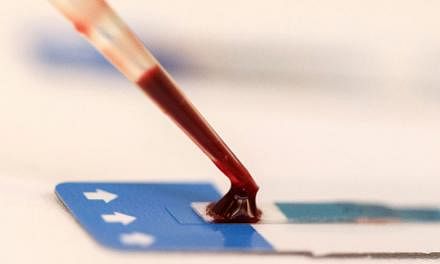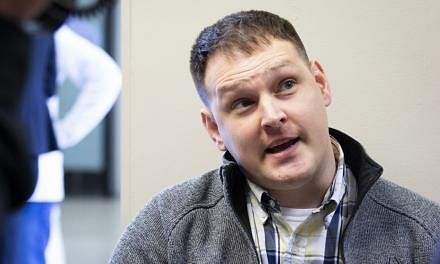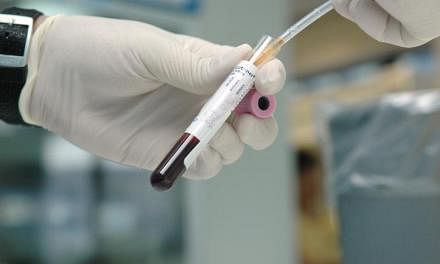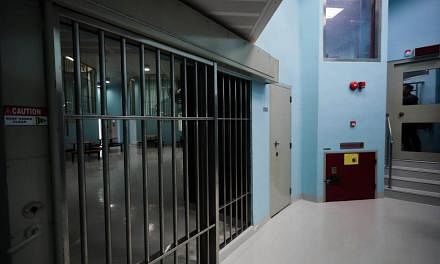SINGAPORE - Facebook has removed the accounts of Mikhy Farrera Brochez, the American at the centre of the HIV Registry data leak, The Straits Times has learnt.
ST understands that Facebook removed his accounts because of policy violations and that this was not related to a government request.
Specifically, his accounts went against the social media giant's privacy policy for sharing of medical information about others, and its bullying policy, which does not allow claims of sexual activity with named private individuals.
In response to ST queries, a Facebook spokesman said on Thursday (Feb 14): "We want everyone using Facebook to feel safe. That's why we have Community Standards which outline what stays up and what comes down.
"Under these policies, we remove content or accounts that share medical information on others, and any content that poses a credible threat of harm to others. The consequences for breaching our Community Standards vary depending on the severity of the breach."
It is also understood that Facebook took this action because of the potential for offline harm that could have resulted through the sharing of personal medical records.
Brochez had at least two Facebook accounts that have since been deleted.
The Ministry of Health (MOH) revealed on Jan 28 that Brochez had gotten hold of the details of 14,200 people diagnosed with HIV here since 1985, and had leaked the data.
Health Minister Gan Kim Yong gave a ministerial statement in Parliament on Tuesday explaining how the registry had fallen into Brochez's hands, the events leading up to Brochez leaking the information online, and the steps the authorities have since taken to manage the leak.
On Wednesday morning, Brochez had made several posts where he claimed, among other things, that he was abused while in police custody; that he was sexually assaulted while in prison and contracted HIV only then; that he was denied HIV medication while in jail; and that the registry was leaked by another person.
Later on Wednesday, the Government denied the allegations.
An MOH statement said the matter had been thoroughly investigated by both the ministry and the police, but Brochez "continues to make allegations which are either false or unsubstantiated".
A joint statement from the Singapore Police Force and the Singapore Prisons said Brochez had been tried and found guilty by the Singapore courts and was accorded due legal process.
"He has now made baseless allegations about the investigations as well as against the police and prisons. His actions have shown him to be a pathological liar," the statement said. "Nevertheless, we welcome him to come back to Singapore to assist with police investigations."
In November 2018, Facebook said it does not have a policy that prohibits alleged fake news, following calls to remove a post that had made allegations against Prime Minister Lee Hsien Loong and the Government in relation to the 1Malaysia Development Berhad scandal.
The social media giant refused to take down a post by sociopolitical site States Times Review, which had linked to an article on its site.
In response to queries from ST then on why it had not acceded to the request, a Facebook spokesman said it had a responsibility to handle any government request to restrict alleged misinformation "carefully and thoughtfully", and that this is consistent with its approach to government requests elsewhere.
The spokesman added that Facebook does not have a policy that prohibits alleged falsehoods, "apart from in situations where this content has the potential to contribute to imminent violence or physical harm".


